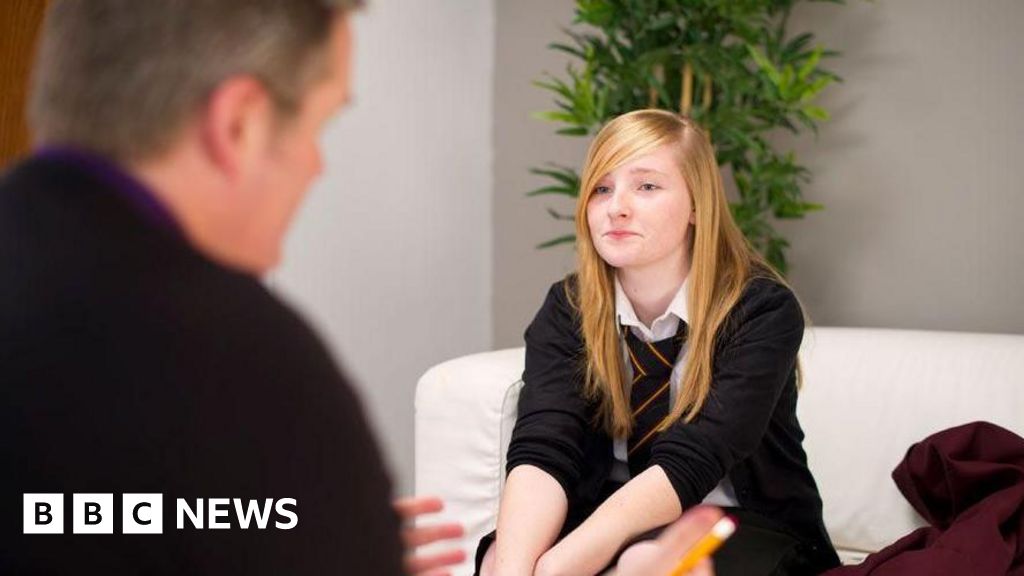ARTICLE AD BOX
By Michelle Roberts
Health editor, BBC News online
Image source, Getty Images
The risk of catching and becoming very sick from Covid remains higher for people belonging to certain ethnic groups, a major review has found.
The Covid-disparities report, commissioned by the government, considers each pandemic wave.
Black and South Asian people are among those hit hardest, along with people in cities with high levels of deprivation.
The reasons are complex but experts say having more people vaccinated will save lives.
Experts are urging anyone eligible who has not yet had a jab to have one, because it is the best way to protect yourself and your family.
People in the UK can still receive a first vaccine, second dose and, if eligible, third booster jab free on the NHS.
Age and underlying health conditions remain the biggest risk for severe Covid but many of the other important factors are linked to the disproportionately higher Covid deaths and illnesses among people belonging to some ethnic minorities.
According to the report, the key ones include:
- occupation - healthcare workers and taxi drivers, for example, have been hit hard
- household size - particularly "multigenerational" ones, containing a mix of school-age children and older relatives
- living in high-population areas with poor air quality and high levels of deprivation
During the first Covid wave - before vaccines were available and when personal protective equipment (PPE) provision across hospitals and care homes was patchy - risk was strongly linked to occupation, data suggests.
In the second wave, when schools were open, people living in multigenerational households were hit hard.
Now, the biggest risk, linked to ethnicity, is vaccine status, according to report author Dr Raghib Ali, the government's independent adviser on Covid and ethnicity.
Many of the sickest patients in intensive care were unvaccinated, he said.
Uptake of the vaccine has been higher among white people, overall.
The government said it would use the findings to help tackle health disparities.
Equalities Minister Kemi Badenoch said: "This work is not over.
"The government has committed to learning and applying important lessons from this pandemic across public health, to ensure everyone of every background lives a longer, healthier and happier life."

 3 years ago
52
3 years ago
52








 English (US) ·
English (US) ·